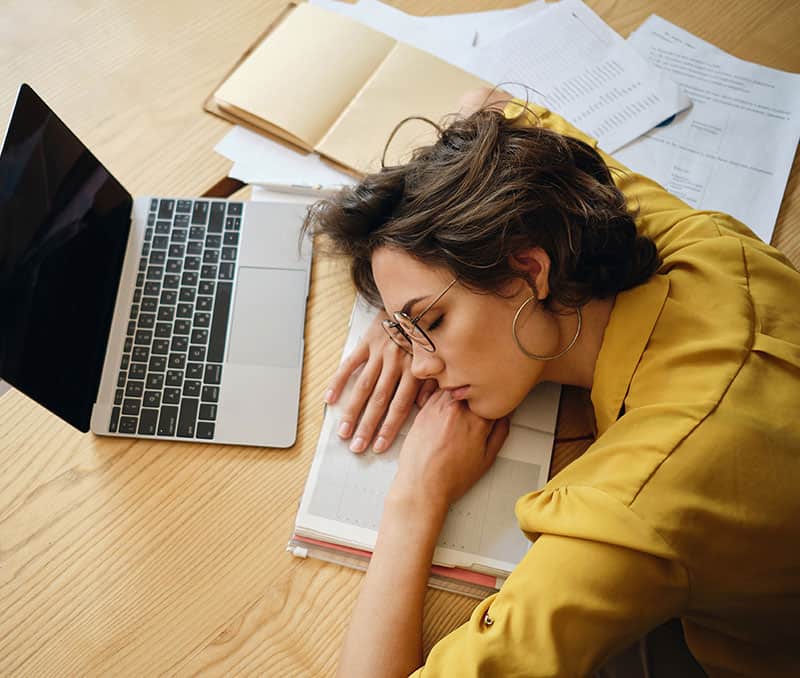
One natural way to improve sleep is through the use of herbal teas. These teas have been used for centuries for their calming and soothing properties, making them a popular choice for those seeking a natural sleep aid. Here are some of the key ingredients found in teas that can help promote sleep:
- Valerian root - This herb has a long history of use as a sleep aid, with some studies suggesting it may help improve sleep quality and reduce the time it takes to fall asleep. Try our teas with valerian root.
- Chamomile - Chamomile tea is a popular choice for promoting relaxation and reducing anxiety. It's also been shown to have sedative effects, making it a great choice for bedtime. Try our teas with chamomile.
- Lavender - Lavender is well known for its calming and relaxing properties. It's often used in aromatherapy and can also be found in tea form to help promote sleep. Try our teas with lavender.
- Rooibos - Rooibos tea is a caffeine-free alternative to traditional teas and has been shown to have calming effects, making it a great choice for bedtime. Try our Rooibos teas.
- Reishi mushroom - Reishi mushroom is a popular ingredient in herbal teas for its potential to promote relaxation and improve sleep quality. Reishi contains compounds that have been shown to have calming effects, such as triterpenoids and polysaccharides. Additionally, some studies have suggested that reishi may help regulate the sleep-wake cycle and improve sleep duration. So, be sure to try our Reishi Mushroom Tea as well for a good night's rest!
- Stick to a consistent sleep schedule. Try to go to bed and wake up at the same time every day, even on weekends.
- Create a relaxing bedtime routine. Incorporate calming activities such as reading a book, taking a warm bath, or practicing gentle yoga.
- Avoid caffeine and alcohol. These can disrupt sleep and make it harder to fall asleep.
- Make sure your sleeping environment is comfortable. Ensure your bedroom is cool, dark, and quiet.
- Limit screen time before bed. The blue light emitted from electronic devices can interfere with the body's natural sleep-wake cycle.
